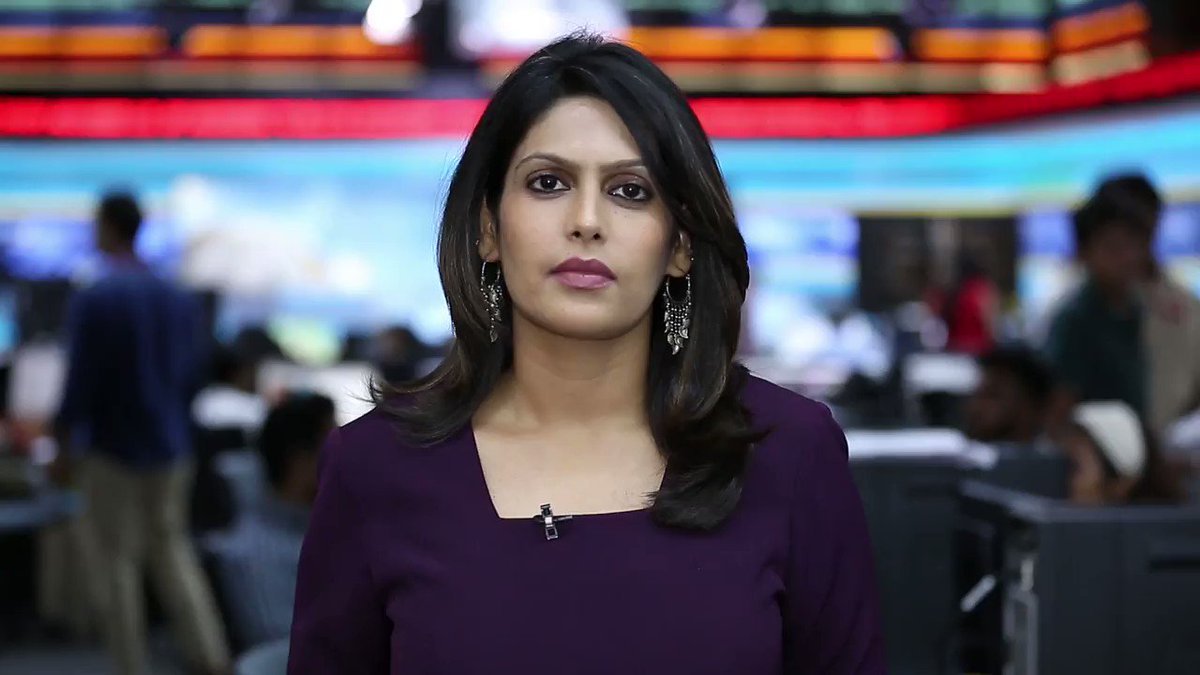Introduction
The declining standards of Indian news anchors have become a subject of increasing concern in recent years. These individuals, once regarded as credible sources of unbiased information, have faced mounting criticism for sensationalism, lack of journalistic integrity, and a prioritization of ratings over delivering quality news.
This article delves into the reasons behind this decline, explores the historical context, analyzes the underlying factors contributing to the issue, and highlights the implications for media and society.
Historical Context
To comprehend the current situation, it is crucial to examine the historical evolution of Indian news broadcasting. In the early days, news anchors were respected for their commitment to journalistic ethics and principles.
The commercialization of news channels has fueled a relentless race for higher Television Rating Points (TRPs), compelling news anchors to prioritize sensationalism and entertainment over factual reporting. The pursuit of ratings has overshadowed the responsibility to provide accurate and unbiased information to viewers.
The ownership of news channels by political figures or corporate entities with vested interests compromises the impartiality of news reporting. News anchors may feel pressured to align their narratives with the owners’ agendas, diluting the quality of journalism and undermining public trust in the news.
Many news anchors lack proper training and guidance in journalism. Insufficient understanding of journalistic ethics, research skills, and fact-checking procedures can result in inaccurate reporting and biased narratives. The absence of continuous professional development opportunities also impedes the growth of anchors in terms of their journalistic skills and knowledge.
The constant demand for breaking news and the 24×7 news cycle can lead to hasty reporting, misinformation, and a lack of in-depth analysis. Anchors may prioritize speed over accuracy, compromising the quality and reliability of the news they present. Sensationalism often becomes a tool to capture viewers’ attention in a highly competitive media landscape.

Factors and Falling Standards
The falling standards of Indian news anchors can be attributed to several factors. Commercialization and the race for higher Television Rating Points have led to a focus on sensationalism and entertainment rather than factual reporting.
The influence of political ownership and the pressure to align with specific agendas have compromised journalistic integrity. Another contributing factor is the lack of proper training and professional development for news anchors, resulting in inadequate understanding of journalistic ethics and research skills.
Furthermore, the constant demand for breaking news and the 24×7 news cycle can lead to hasty reporting and a lack of in-depth analysis. These factors combined have resulted in a decline in the quality of news reporting, undermining the credibility and trustworthiness of Indian news anchors.

Implications and Way Forward
The consequences of falling standards among Indian news anchors are profound. Society relies on the media to stay informed, shape opinions, and make important decisions. When anchors prioritize sensationalism over accuracy, it erodes public trust and perpetuates misinformation, ultimately harming the democratic fabric of the nation.
Institutions should focus on providing comprehensive and ethical journalism education to aspiring anchors. Emphasizing the importance of fact-checking, research skills, and unbiased reporting can lay a strong foundation for upholding journalistic integrity.
Establishing independent regulatory bodies with the power to enforce ethical standards and investigate complaints of biased reporting or sensationalism is crucial. These bodies would ensure accountability and transparency in the media industry, protecting journalistic integrity.
Promoting diverse ownership of news channels can prevent the concentration of power and promote a plurality of perspectives. Multiple voices and viewpoints ensure a balanced representation of news, reducing the likelihood of biased reporting.
Enhancing media literacy among the public is essential. Education programs should emphasize critical thinking skills, fact-checking, and the ability to differentiate between credible and unreliable news sources. Media literacy empowers individuals to make informed decisions and resist the influence of sensationalist or misleading reporting.

Conclusion
The declining standards of Indian news anchors have raised serious concerns about the state of journalism and the quality of information being delivered to the public. The commercialization of news channels, political influence, lack of training, and the pressure of the 24×7 news cycle have collectively contributed to this decline. As a consequence, public trust in news anchors has eroded, leading to the perpetuation of misinformation and a compromised democratic society.
To address this issue, it is imperative to strengthen journalism education, providing aspiring anchors with comprehensive training in journalistic ethics and skills. Independent regulatory bodies should be established to ensure accountability and transparency in the media industry, safeguarding journalistic integrity. Encouraging diverse ownership of news channels can promote a plurality of perspectives and reduce the likelihood of biased reporting.
Additionally, promoting media literacy among the public is crucial to empower individuals with critical thinking skills and the ability to discern reliable sources of information. By taking these steps, we can strive towards restoring the credibility and professionalism of Indian news anchors, fostering a more informed and responsible media landscape for the benefit of society as a whole.



